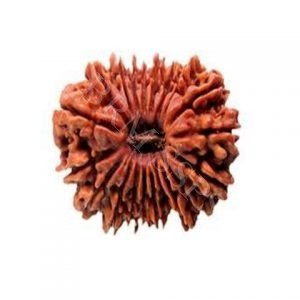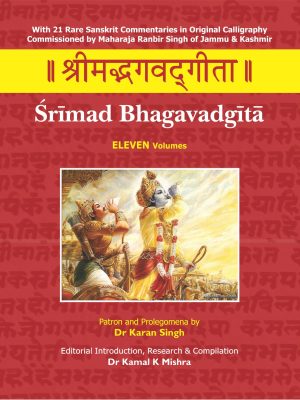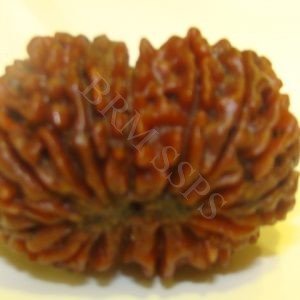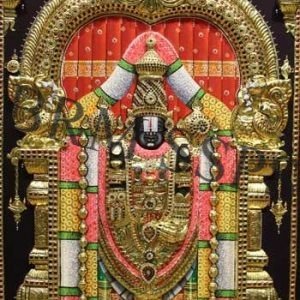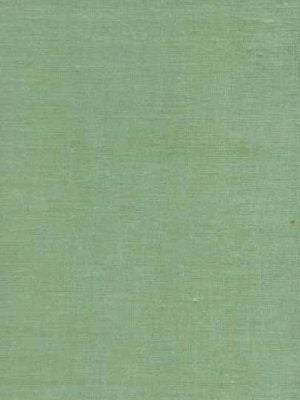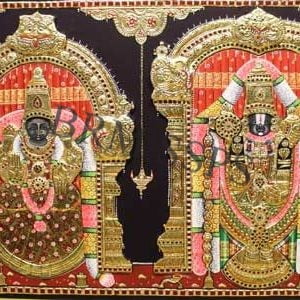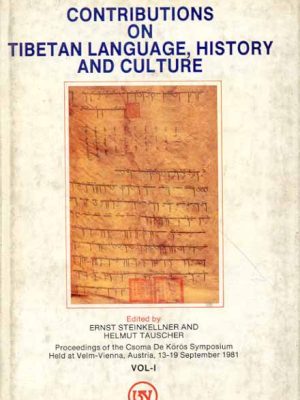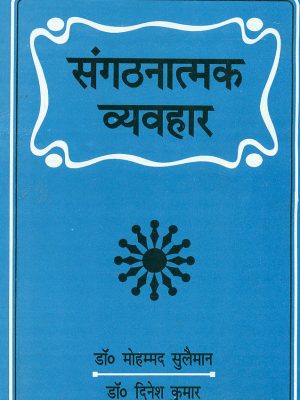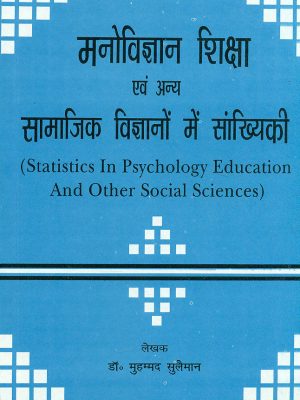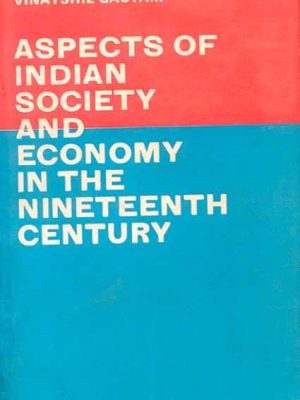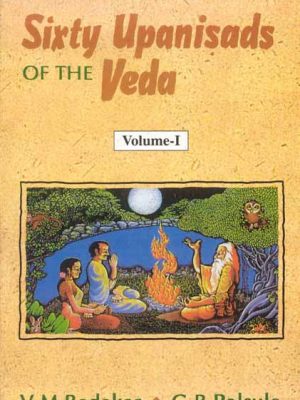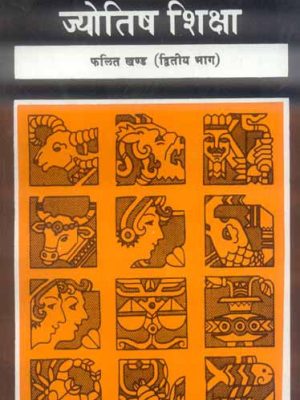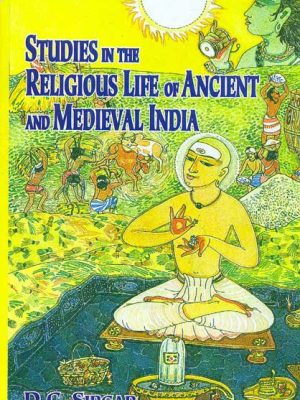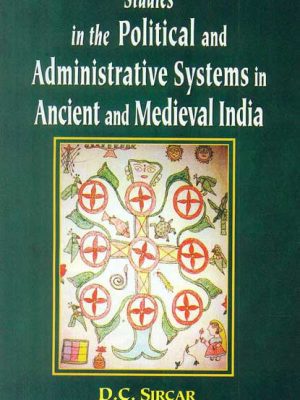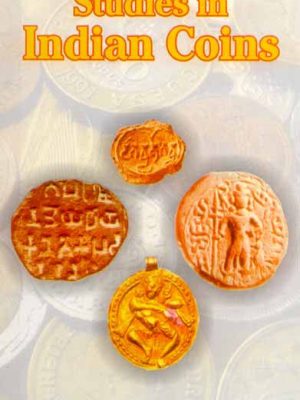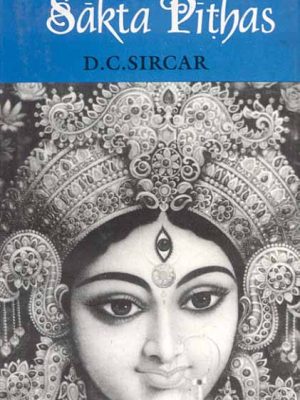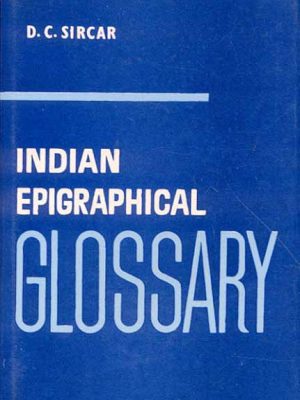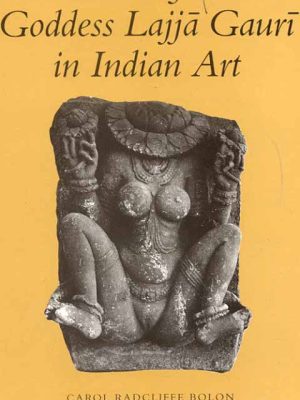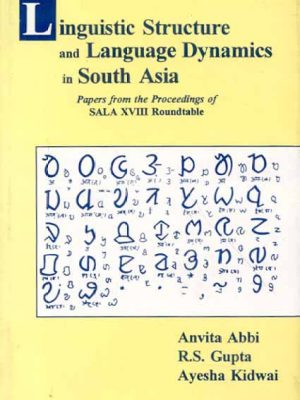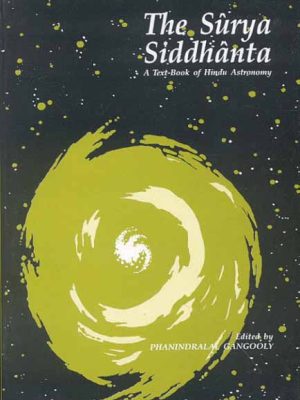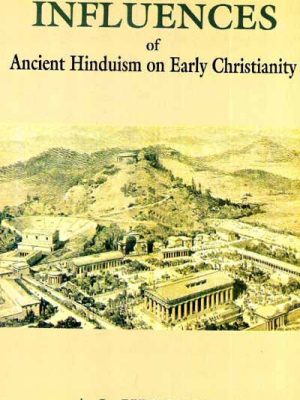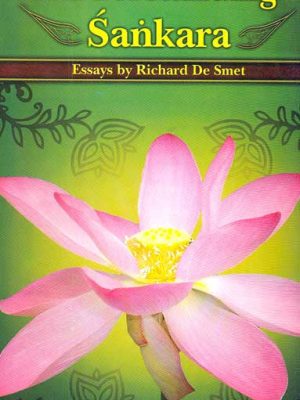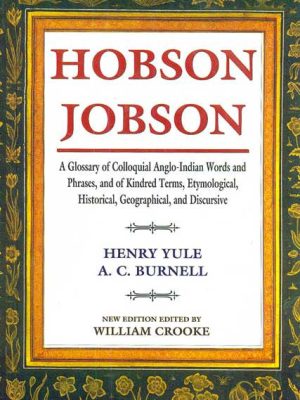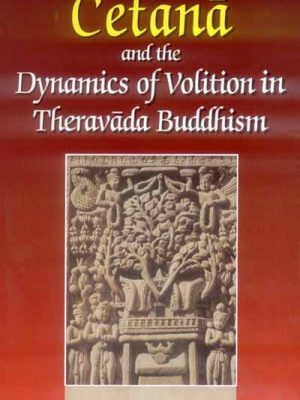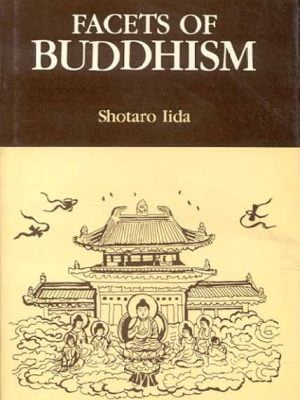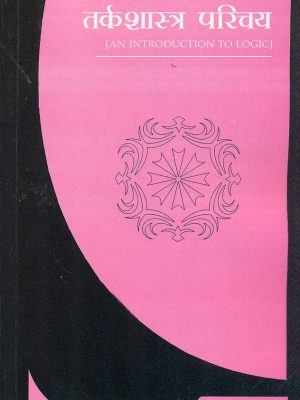Shop
Best Seller Items
-
19 FACE RUDRAKSHA
19 Face Rudraksha is a symbol and represents Lord Vishnu. The wearer attains victory over ignorance. The wearer is blessed with immense wealth and their health issues and challenges improve for the better.
₹125,000.0019 FACE RUDRAKSHA
₹125,000.00 -
₹99,000.00
-
18 FACE RUDRAKSHA
This Rudraksha is best known to protect one from their enemies and evil-wishers. The Rudraksha is energized when the wearer chants the required mantra. This Rudraksha is ideal for pregnant women towards protecting their children. It aids in mental stability as well.
₹90,000.0018 FACE RUDRAKSHA
₹90,000.00 -
Balaji 3D Tanjore Painting
Material: Gold Foil
Type: Tanjore Painting
Dimensions (In Inches): 24×36
Colour: Multicolor
Pack Content: 1 Pc
Product will be delivery (3 – 15 days)₹80,750.00Balaji 3D Tanjore Painting
₹80,750.00 -
Thayar Balaji Tanjore Painting
Material: Gold Foil
Type: Tanjore Painting
Dimensions (In Inches): 24×36
Colour: Multicolor
Pack Content: 1 Pc
Product will be delivery (3 – 15 days)₹61,750.00Thayar Balaji Tanjore Painting
₹61,750.00
-
-
-
Studies in the Religious Life of Ancient and Medieval India
Studies in the Religious Life of Ancient and Medieval India
The topics dealt with are of as varied nature as those in his other Studies. The approach of most writers to the problems relating to Indian religions is based on literary sources; but in respect of the majority of topics discussed in the volume with the exception of the first few chapters, Prof. Sircar depends primarily on inscriptions and supplements epigraphic evidence by the testimony of literary and numismatic records wherever necessary. A few of the studies incorporated in the volume exhibit the author’s search for truth spread over a number of years. Thus his investigation relating to the god Purusottama-Jagannatha of Puri began when he noticed the dominions of Ganga Anangabhima III (1211-39 A.D.) described as ‘Purusottama’s empire’ in an inscription, in 1939. In the course of its progress, he found out, in 1946, how Bhanu II (1305-27 A.D.) is represented in his records as a feudatory of the god Purusottama-Jagannatha and, in 1953, how a literary work speaks of the dedication of the Ganga kingdom to the god by king Anangabhima. Finally in 1963, Prof. Sircar traced in a tenth century epigraph of the Satna District, Madhya Pradesh, how the god of Puri attracted pilgrims from distant regions. The chapter on Purusottama-Jagannatha in the volume is thus the result of a study of about quarter of a century.
₹695.00 -
Studies in the Political and Administrative Systems in Ancient and Medieval India
Studies in the Political and Administrative Systems in Ancient and Medieval India
The earlier chapters of the present volume deal with a large number of topics relating to kingship, landlordism (sometimes mistaken as feudalism), tenancy, royal, charter, Pancayat system etc. Some of the following chapters contain discussions on certain royal officers the functions of some of them or their departments a few aspects of the judicial system some land measures and taxes etc. The third group of topics mostly concerns the interpretation of technical expressions found in epigraphical records.
The last section of the work consists of several appendices which are really some of the author’s recently published studies. Of these, one deals with the democratic traditions of ancient Indian and another with the functioning of the guilds, while a third contains a number of popular conceptions about the duties of Kings. The Subject of the last of the appendices is the traders privileges guaranteed by kings, which has been included here as a topic relating to kingship, though it is equally suitable for a study of economic life.
It will be seen that the book contains the learned author’s views on a great variety of matter respecting the political and administrative systems of ancient and medieval India. The treatment of the majority of topics is primarily based on information gathered from innumerable epigraphic records discovered in various parts of India and is characterised by an unusual mastery of details.
₹695.00 -
Studies in Indian Coins
Studies in Indian Coins
The present book is an authoritative and authentic source for the study of Indian coins. It not only describes the coins but also studies them critically in all their aspects. The points which are dealth with here are on numismatic studies in India; Satamana and Sana; Kautilya and Buddhaghosa on coins; silver coins of Vasisthiputra Satakarni; alleged coins of the Mahisa kings; coins of semi-independent rulers; date of Isvaradatta’s coins; Petluripalem hoard; some problems of tribal coins; coins of Kumaragupta I, Harigupta and Ramagupta; coins of Muhammad bin Sam and Prthviraja; coins of Kakatiya Prataparudra I; Gajapati Pagoda, Ganga Fanam and Ramatanka; coins of Bhairavasimha; Maratha mint under the Peshwas; Cowrie-shell, rupee and pice. In describing the features of a particular class of coins from the standpoint of standard, style and fabric or in discussing the significance of the numismatic terms, the author has utilized the literary data which have a bearing on them.
₹895.00Studies in Indian Coins
₹895.00 -
-
Indian Epigraphical Glossary
Indian Epigraphical Glossary
The interested world of scholars is sure to receive with gratitude this
latest work from the erudite pen of Prof. D.C. Sircar who has opened up for
us new vistas in the study of Indian antiquities. Prof. Sircar’s Indian
Epigraphical Glossary, characterised by a wide sweep of vision based on a
meticulous attention to details, is a contribution of the utmost
importance. Here one finds an embarras de richesses in a comprehensive
dictionary of technical expressioins found in documents embracing nearly
2000 years in time and the entire Indian sub-continent in space and written
in a variety of languages. It offers a panorama of Indian political and
cultural life as enshrined in a series of expressions which are precise and
historically important. Many of them remained obscure, and Prof. Sircar,
with his thorough knowledge of the subject in the study of which he has
spent a life-time, has succeeded in most cases in giving quite satisfactory
interpretations. The mass of material in this invaluable publication, which
will continue to be an indispensable work of reference for many years to
come, brings in a volume of lexical material for the compilation of an
exhaustive Dictionary of Sanskrit. The importance of the work, which I
would consider epoch-making in the domain of Indology, has been
considerably enhanced by three remarkable Appendices.
₹1,495.00Indian Epigraphical Glossary
₹1,495.00 -
Forms of the Goddess Lajja Gauri in Indian Art
Forms of the Goddess Lajja Gauri in Indian Art
To convey her majesty, the painters who created Lajja Gauri’s portraits drew on a plethora of traditional symbols of prosperity, fertility, and life-force. Due to the lack of supporting texts, the research begins with the items themselves and works backwards to establish their meaning. To better understand Lajja Gauri’s rich symbolic meaning and cultural background, Carol Bolon traces the evolution of the goddess’s shape over the course of four centuries, including its likely acceptance from tribal worship into Hindu temples
₹995.00 -
Influences of Ancient Hinduism on Early Christianity
Influences of Ancient Hinduism on Early Christianity
This is a work about influences and what “influences” means. Following an analysis of this elusive concept, A. L. Herman presents compelling evidence that the following hypothesis is testable, defendable, and probably true: that the Indus Valley religion with its Savior-God, Siva (2500-1800 B.C.E.), significantly influenced a Greek religion with its Savior-God, Jesus of Nazareth (50-300 C.E.), such that it can be meaningfully claimed that the religion of the Indus Valley civilization probably influenced early Christianity.
₹595.00 -
₹1,100.00
-




